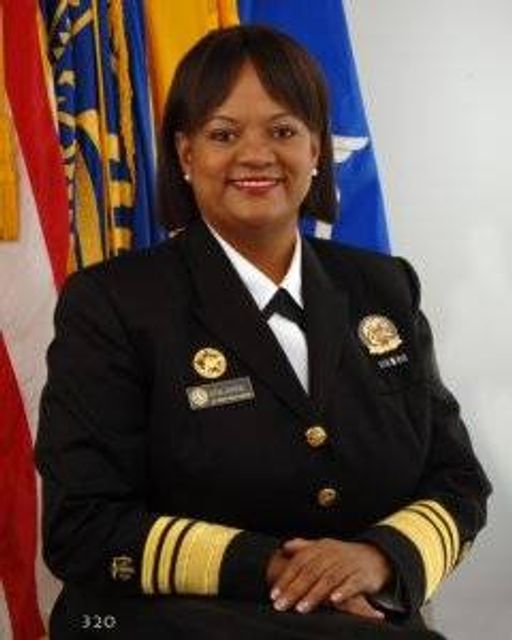Making Disease Prevention a Higher National Priority
A conversation with former Surgeon General Dr. Regina Benjamin
(Advances in science and public health are increasing longevity and enhancing the quality of life for people around the world. In this series of interviews with the Milken Institute Center for the Future of Aging, 14 visionaries are revealing exciting trends and insights regarding healthy longevity, sharing their vision for a better future. The Longevity Innovators interviews highlight new discoveries in biomedical and psychosocial science, as well as strategies to promote prevention and wellness for older adults. This is the third in the series.)

Dr. Regina Benjamin served as the 18th Surgeon General of the United States, appointed by President Barack Obama in 2009. As the “nation’s doctor,” she served a four-year term focusing on health disparities, disease prevention and children’s health. In an interview with the Milken Institute Center for the Future of Aging, Benjamin — founder and CEO of BayouClinic — talks about how a sense of purpose leads to longer, healthier lives and the importance of making disease prevention a priority.
Milken Institute Center for the Future of Aging: Why did you launch Bayou Clinic? What is the mission and your vision for its impact?

Dr. Regina Benjamin: I went to medical school, I enrolled in what was called The National Health Service Corps. They paid your tuition to medical school, and you had to pay your time back in an underserved community. I’m from a town close to that, and I wanted to get as close to home as I could, so I ended up in Bayou La Batre in medical school. I liked the area and wanted to open a clinic, because there were so many people that weren’t being served. I just thought it was important to bring a little bit of care to this community.
My mission is to deliver health care with dignity to the community. That’s my mission, has always been from Day 1. Anybody and everybody that walks in the door, regardless of their ability to pay.
How does your clinic address disease prevention?
My whole professional focus, both in the clinic and as Surgeon General, has always been on prevention, so at the clinic we stress prevention very strongly. We do the things that we should do in medicine anyway. We try to keep people’s blood pressure under control, teach them how to eat right, exercise. We have a lot of classes that also engage the community.
So, when we went through a lot of challenges like Hurricane Katrina and rebuilt our clinic, we built a walking track around the perimeter of the clinic, so the entire community, if they want to come, can walk. We have people walking in groups.
Do you think any significant progress has been made to reduce the burden of obesity?
Yes, I do. When I first became Surgeon General, at my initial press conference — Mrs. Obama, the First Lady, was there with the Secretary of Health — we told the press that we were going to introduce something to address obesity. Six weeks later, what we introduced was the First Lady’s Let’s Move Initiative. By the time I left office in 2013, we saw the percentage of young people and children with obesity start to be on the decline.
How can we make disease prevention a priority?
Prevention is my mantra. The more we can prevent the better. We’ll be healthier as a community and healthier as a nation, but we also need to recognize that there are other things that contribute to health, like clean air and clean water and where we live.
Focusing on those things also can add to our disease prevention — priorities we need to be thinking of as a nation. We need to think about how everything affects our health, not just whether you went to the doctor and whether you got a blood pressure pill, but is there a place to walk, is there a place for your kids to play.
How can having a sense of purpose advance efforts to live longer, healthier lives?
Scientific research shows us that having a purpose is one of the hallmarks of what we call Blue Zones, where people live longer, healthier lives around the world — one of the things that the people have in common is that they have a sense of purpose. Everybody should want to feel like they’re making a difference somewhere in their lives.
If you’ve got a purpose when you get up in the morning, a belief in something that you want to do or something that keeps you going, you’re going to be healthier because of it, you’re going to feel better, you’re going to want to do, you’re going to want to be healthy.

